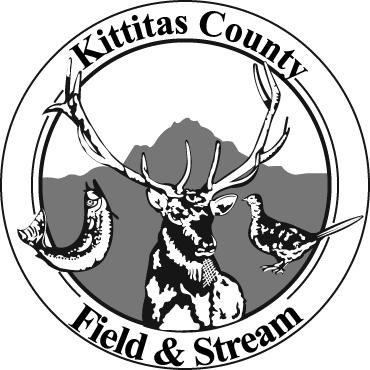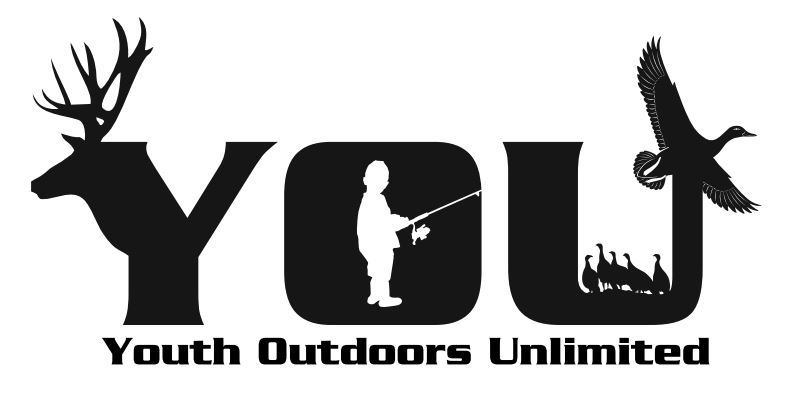Of Black Bears and Mountain Lions
Black bear and cougar (mountain lion or puma) attacks in here in the Paradise of Washington are extremely rare, really, and grizzly attacks are so far nonexistent. Still, for some reason I’m hearing several questions and concerns from homeys lately. This may have been triggered by the push of some agencies and groups to return grizzlies to the Cascades, the reports of recent grizzly bear attacks in the northern Rockies, or the ongoing discussions of recent bear and cougar attacks in Canada. Be that as it may, this seems like a good time for a look at predators and our interactions with them (note that for this week’s discussion, I am excluding wolves and grizzlies).
Mountain lions – or their fresh sign – have been reported at several locations around the valley and the region over the past few weeks. Black bears have been out in good numbers, too, force-feeding themselves for winter. They have been getting a fair amount of press over the past couple years – some a bit hysterical, some factual, and most of it the result of increasing numbers of interactions with us. It seems likely that the rapid growth of the county and spreading urbanization is the primary cause of those interactions and occasional conflicts. Then, too, folks who track these things are convinced that changes in hunting and harvest methods have led to rising predator populations as well. Still, we can keep trouble at arm=s length.
Mountain lions are probably grateful for our inadvertent offerings, but their food preferences create angst and anger. We move into lion country and leave our horses, sheep, llamas and dogs outside overnight. Then get all bent out of shape when an odd lion discovers how much easier it is to catch something in a pen, or chained up. Lions really seem to have a sweet tooth for dogs, and missing dogs are a common complaint all over the West=s lion country. While only a small number of lions begin preying on our pets and livestock, we can prevent problems by thinking ahead about how to keep them safe. Lions preying on pets generally receive death sentences.
A bear’s natural diet consists of items such as blueberries or huckleberries. Human-provided foods, such as garbage, birdseed, and hummingbird feeder fluids, may have 10 to 20 times the caloric value of wild natural foods and may delay a bear’s natural hibernation pattern. Bears often develop a taste for dog and cat food left outside, hummingbird feeders, suet or peanut butter left out for birds, and greasy barbecue grills. Leaving such stuff out may cause a mess for us, but the wildlife managers who have to follow up use this rule: Aa fed bear is a dead bear.”
DFW offers simple suggestions for preventing bear problems. 1) Store garbage cans in a garage or sturdy building until collection day. 2) Remove bird feeders (seed and liquid) from porches, trees, and other accessible areas, and feed pets inside. 3) Pick and remove fruit from trees, even the highest branches. 4) Don’t intentionally feed bears, deer, elk other wild animals. Once they learn to connect people with food, it puts the bear, and the public, at risk. 5) Take preventive measures before the bear is even seen.
There are several recommendations for avoiding trouble if you meet a bear or mountain lion outdoors. Stay calm; talk aloud but softly to let the animal know of your presence – and assure it you mean no harm – as you stop and back away slowly; don’t run or make sudden movements; do not make eye contact – this may be taken as a sign of aggression. With mountain lions, some additional advice: raise your arms to appear larger, and if the animal behaves aggressively, throw stones, branches or whatever you can find, but do not crouch down or turn your back. And if the lion attacks you, fight back – lions are often driven off prey which fights back. It may help to remember that, while Teddy Roosevelt considered cougars the most cowardly of all the predators, their backing-off behavior is more likely a case of “this meal may cost more calories than it is worth.”
There are a number of ready phone and online links to anything else you want, or need, to know about dealing with lions and bears.
For an emergency dangerous wildlife situation in Washington (and most anywhere else), dial 911. If it is a non-emergency dangerous wildlife concern, call 877-933-9847. You may also text the information to 847411 or file an online report at wdfw.wa.gov/about/enforcement/report (note that the form you will use is the “Report a Violation” form). Washington DFW is committed to rapid follow-up to all situations reported.
To reach the full range of available resources, start with wdfw.wa.gov/species-habitats/living. Here you will find links to suggestions and keys for living with wildlife, from dealing with injured animals, to properly establishing a backyard sanctuary, to dealing with nuisance or dangerous wildlife. At the dangerous wildlife link, you will find maps of incident reports. For specific information about mountain lions see wdfw.wa.gov/species-habitats/species/puma-concolor. For similar background about black bears, go to wdfw.wa.gov/species-habitats/species/ursus-americanus.
We are not likely to train all lions and bears to behave responsibly around us and our homes and temptations: better we learn to live responsibly in their country. Being safe is not difficult. Remember that even a minor bear or lion attack could mess up your whole day.







